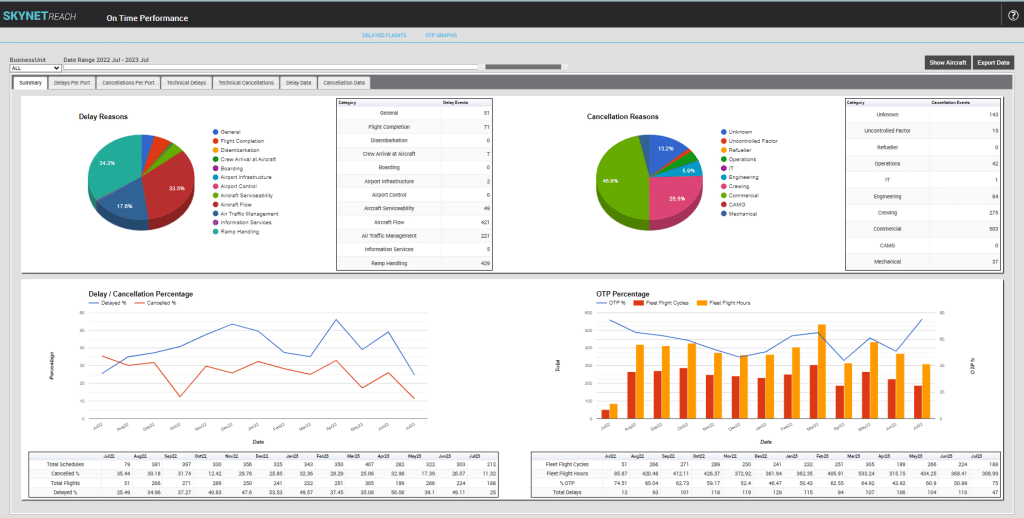Our top ten list of why reporting and record-keeping should be essential functions for an OCC.
- Safety and Compliance
Safety is the top priority in aviation. Reporting and record-keeping help ensure that the airline complies with safety regulations and standards set by the regulator(s). A robust record keeping process will keep you and your regulator from butting heads.
- Incident Investigation
In the event of an incident or accident, accurate records and reports become crucial for investigations. It is often a requirement to turn over records immediately as part of an incident response. These documents can also provide essential information to determine the root cause of an incident and prevent similar occurrences in the future.
- Operational Efficiency
Airlines rely on data to optimize their operations. Records of past flights, maintenance activities, fuel consumption, and crew schedules, to name a few, help airlines make data-driven decisions to improve efficiency, reduce costs, and enhance overall performance.
- Regulatory Compliance
Airlines must adhere to a multitude of regulations related to operations, maintenance, crew scheduling, and more. Proper record-keeping helps demonstrate compliance with these regulations during audits by aviation authorities.
- Trend Analysis
Historical data can be used for trend analysis, helping airlines identify patterns and make proactive adjustments to their operations. For example, by analysing maintenance records, an airline can identify which components or aircraft models require more frequent servicing, or proactively identify potential maintenance work and fix it before is disrupts the operation.
- Financial Management
Airlines are complex businesses with substantial financial investments and often razor thin margins. Keeping records of expenses, revenue, and operational costs is vital for financial management, budgeting, forecasting, and PROFITS!
- Emergency Response
In the event of an emergency, having accurate records and reports readily available can help the airline respond quickly and effectively. This includes the ability to lock down critical components regarding the emergency to ensure control of the distribution and flow of sensitive information.
- Performance Monitoring
Airlines continuously monitor their performance against key performance indicators (KPIs). Reports and records provide the necessary data to evaluate whether the airline is meeting its operational and financial goals. The OCC can also provide this information to ensure that suppliers (e.g. ground handlers, fuellers) are meeting their service obligations.
- Communication and Coordination
The OCC serves as a central hub for coordinating various aspects of airline operations. Accurate records and reporting help facilitate communication between different departments within the airline and ensure all stakeholders are referencing the same playbook.
- Legal Protection
Proper documentation can serve as legal protection for the airline. In case of disputes or legal issues, having detailed records can be invaluable in defending actions and decisions.
In summary, reporting and record-keeping are critical for an airline OCC to ensure safety, compliance, efficiency, and effective decision-making. They provide the necessary data and documentation to support all aspects of airline operations, from safety and regulatory compliance to financial management and emergency response.



